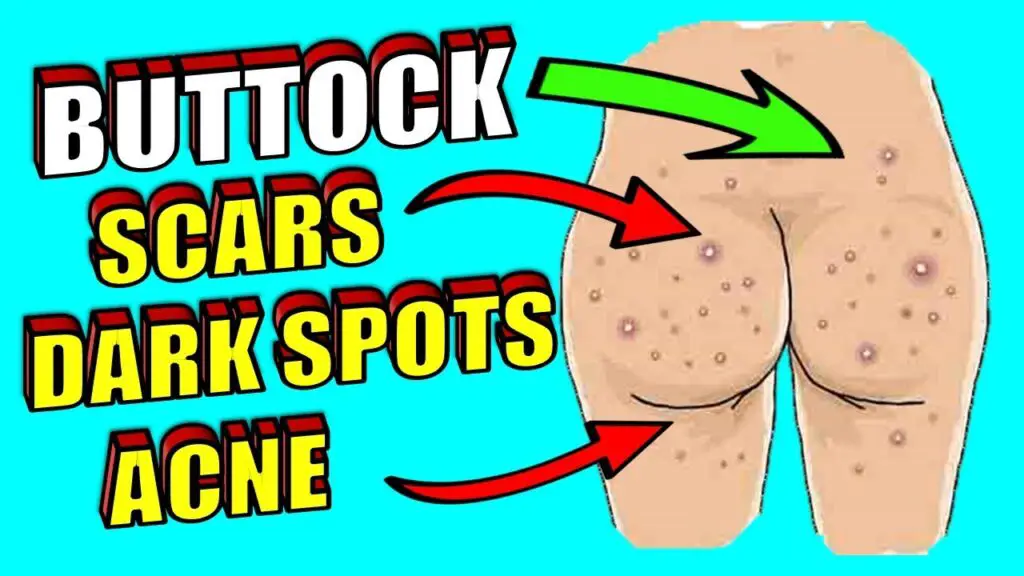Different Causes of Butt Acne
While blocked hair follicles cause acne on the buttocks, it's important to understand the reason why your follicles are getting blocked in the first place to be able to treat the resulting bumps.
Sweat
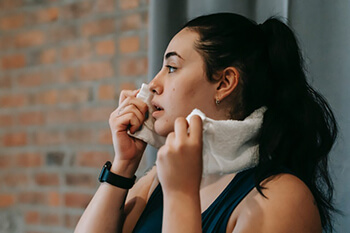
After a sweaty session at the gym, you should always change your clothes and take a shower. Sweat clogs the pores as it dries, trapping dirt and other bacteria that may be on the surface of the skin. This can be prevented by taking a shower, or using sanitary wipes to get rid of dirt if a shower isn't an option. Be sure to change your clothes and wear fabrics that allow the skin to breathe during exercise.
The Fit of Your Clothes
Clothes that are too tight can cause friction that traps sweat and dirt in the pores, causing folliculitis. Irritation from wearing tight leggings or jeans can cause inflammation, leading to bumps on the buttocks. Tight leggings and jeans made from fabrics that aren't sweat-wicking or breathable typically exacerbate the condition, causing more bumps.
Not Wearing Fresh Underwear
Changing your underwear every day is essential. If you don't change your underwear, oil and sweat can end up getting pressed up against the skin, causing inflammation in the hair follicles. This happens with fuller coverage underwear made with fabrics like polyester or nylon, which don't allow for sweat to evaporate from the body.
Hormones
Hormones may determine if you're more or less at risk for butt acne. During the menstrual cycle, more sebum may be produced in excess quantities, causing blocked hair follicles and bumps to form on the buttocks.
Shaving
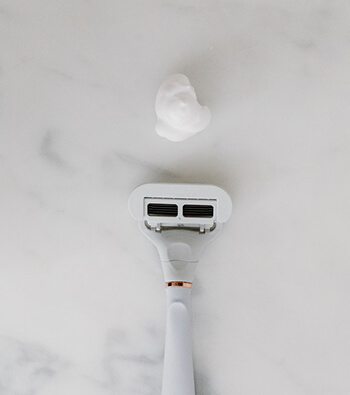
Shaving incorrectly may cause clogged follicles due to inflammation. Poor shaving can also allow for bacteria to enter the follicles. Most folliculitis is caused by staph bacteria on the skin. While these bacteria are mostly harmless, when shaving, they can enter the skin and cause butt acne to form.
Different Types of Buttocks Acne
While acne on the buttocks is typically caused by blocked hair follicles, there are different types of buttocks acne. It's important to identify what you're dealing with if you're looking for the correct acne treatment.
Folliculitis
Folliculitis caused by inflammation of the hair follicles is the most common form of butt acne. The hair follicle becomes irritated from sweat, hormones, or wearing tight clothing. This causes red bumps to appear, some of which may have a white head, making them appear like pimples.
Keratosis Pilaris
Keratosis pilaris is identified by small bumps and dry skin. Follicles in the skin become blocked with excess keratin. You're more likely to have keratosis pilaris if you already suffer from dry skin, eczema, are overweight, or have close relatives who have keratosis pilaris.
Boils
Boils or skin abscesses are pimples that are found on the buttocks. These pimples are very large and very painful, and develop when a hair follicle gets infected.
How to Get Rid Of Buttocks Acne Naturally
There are different treatments that can be used to get rid of acne on the buttocks. Once you've determined the cause, you can figure out the best natural treatment.
Wear Loose-Fitting Clothing
By choosing loose-fitting clothing, you're less likely to have blocked follicles due to friction. Loose-fitting clothing can also prevent sweat and sebum from getting trapped.
Opt for lightweight fabrics that are loose and breathable. Material such as cotton and bamboo, which are both lightweight and breathable, will help prevent sweat from getting trapped.
Practice Good Personal Hygiene
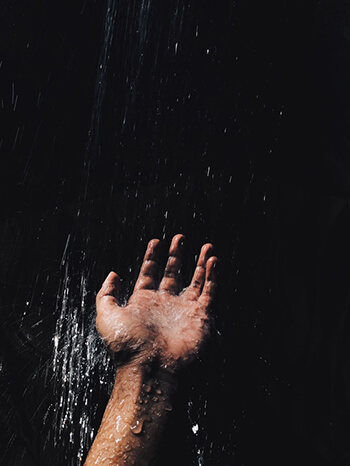
Another way to avoid butt acne is to shower frequently and ensure that you're washing your buttocks.
Use an antibacterial wash to get rid of bacteria and sweat that may be sitting on top of the skin. This is especially important after a workout or heavy periods of activity. When bacteria sits on the skin, it's more likely to enter the hair follicles and infect them, causing bumps.
Tea Tree Oil
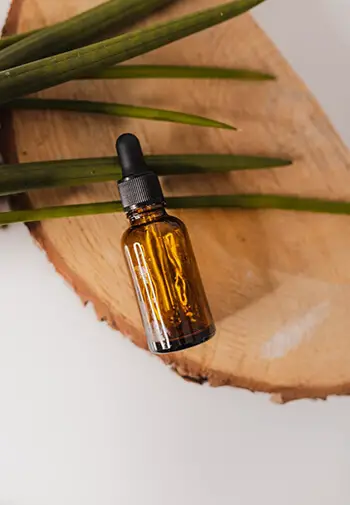
Using tea tree oil may help with butt acne. Tea tree oil contains antibacterial properties and has been used for years to help treat skin infections. You can apply this oil to your buttocks to help with the appearance of red bumps.
To use tea tree oil to help prevent or aid the appearance of butt acne, add a few drops of tea tree oil to aloe vera gel and apply to the affected area. You may also dilute the oil with water before applying it to the area. It's important to dilute the oil, as in its pure form, it's too potent, and could cause irritation.
Change Washing Products
Acne on the buttocks can be caused by a reaction to washing products, especially fabric softeners. By switching washing products, you can determine if you have a skin sensitivity that may be causing the acne.
Salt Water Solution
Using a salt water solution can also help with folliculitis. Use a washcloth to apply a salt water solution to treat butt acne
Salt water is commonly used for people with sensitive skin to treat infections, as it flushes the wound and helps with swelling. The best salt water solution for butt acne is made by mixing one teaspoon of salt with a cup of warm water. The antibacterial properties of salt water should help ease the appearance of butt acne.
Avoid Exfoliation
Dark spots on the buttocks can actually be made worse by excess exfoliation. While you may think that you're helping to get rid of dead skin cells or bacteria that are sitting on the skin, exfoliating can irritate and inflame the skin further, causing butt acne to appear larger and redder.
If you're using natural exfoliating ingredients, be sure to keep this to the areas of the skin that are not as sensitive, such as the legs and arms.
Dark Spots and Scars on the Buttocks
Dark spots are caused by hyperpigmentation, which occurs because of increased skin irritation. The extra melanocytes cause dark patches on the skin.
Dark spots on the buttocks may be due to scarring from acne that was previously on the skin. The scarring can have hyperpigmentation, which causes a dark appearance on the skin. This is typically caused by not treating your acne properly or picking at it instead of letting it heal naturally.
Scarring occurs from over-scrubbing, skin irritation, and over-exfoliating of the areas. Scarring may cause dark spots and hyperpigmentation to occur on the skin, but it may also be from a trauma to the area. Scarring and dark spots are similar in make-up and therefore require similar treatments to help with their appearance.
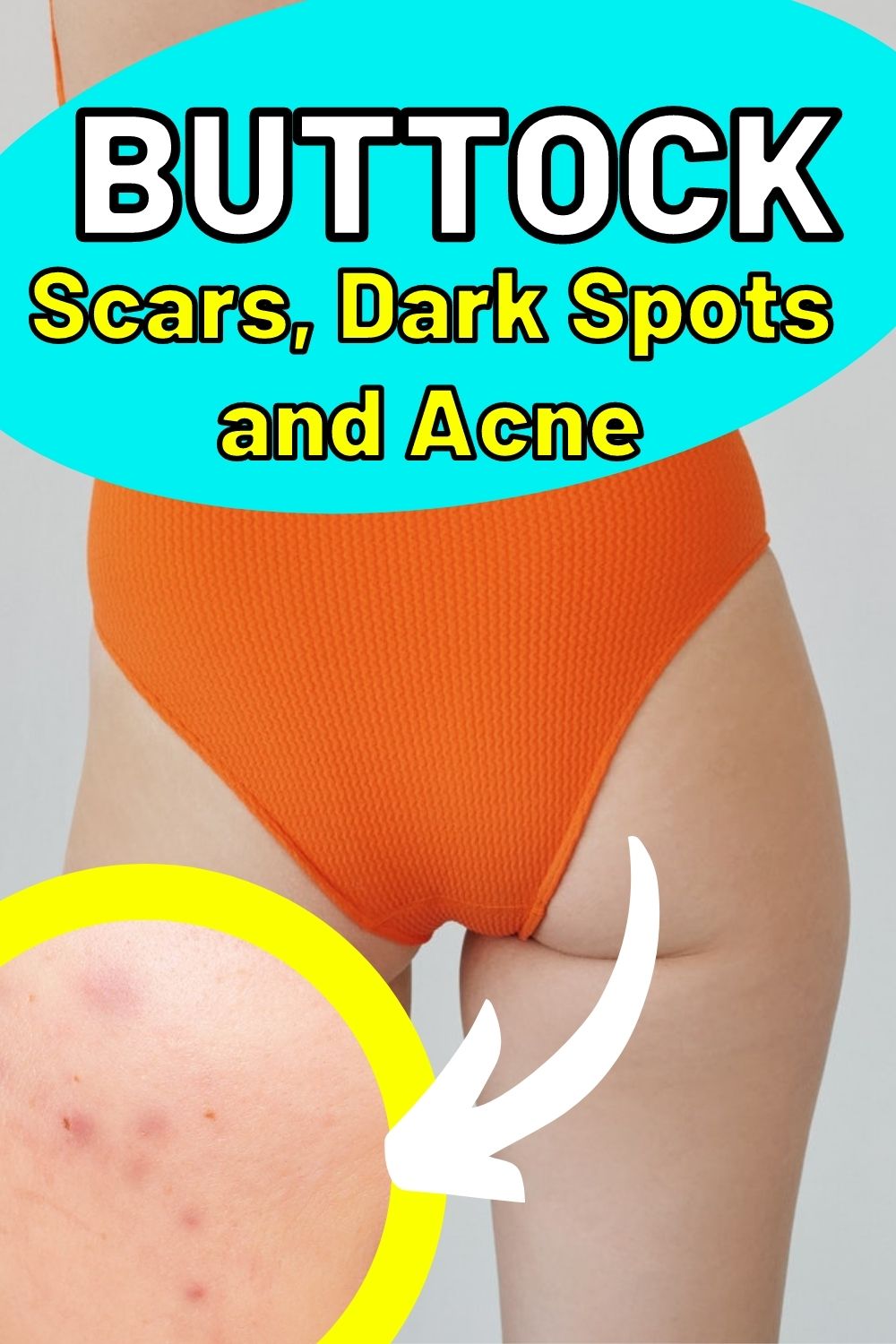
Treating Dark Spots and Scars on the Buttocks Naturally
Leaving the Acne Alone
Popping folliculitis bumps is the biggest cause of scarring and dark spots on the butt. It's important to leave acne bumps alone and don't treat them like a typical pimple. If you pop a folliculitis bump, it may cause bacteria to spread and infect the skin further.
Lemon Juice
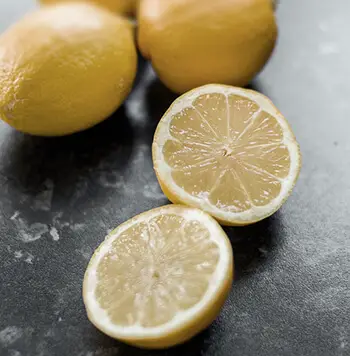
Lemon juice is a natural lightning agent that may help with the appearance of hyperpigmentation from scarring on the buttocks.
To apply lemon juice, take one lemon and squeeze it into a small bowl. Add an equal amount of water and soak cotton pads in the solution. Place a cotton pad onto the area of hyperpigmentation and leave for twenty minutes, before rinsing with water.
It may take around two to four weeks of consistent treatments to see results using this method. It's important to be consistent, but not overuse lemon juice, as it may irritate the skin if left overnight.
Aloe Vera
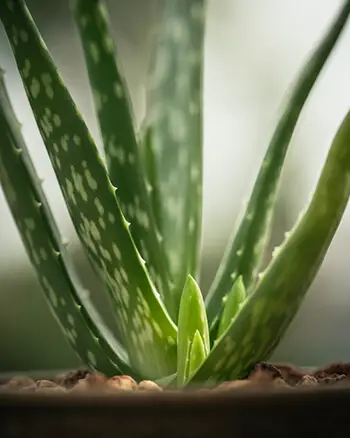
Aloe vera contains a compound called aloin, which naturally lightens the skin.
To use aloe vera to treat dark spots on the buttocks, apply to the area of hyperpigmentation and leave overnight, rinsing in the morning. Repeat until the hyperpigmentation is no longer noticeable.
Green Tea
Green tea may be used to help with the appearance of hyperpigmentation, as research has shown that it has a depigmenting effect.
To use green tea to help with the appearance of dark spots, soak a tea bag in hot water and leave it to cool slightly. Lay the tea bag over the area with dark spots and leave for twenty to thirty minutes at a time. Repeat until the desired effects are reached.
Cucumber
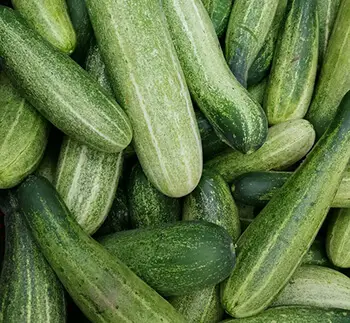
Cucumber is another lightning agent. When mixed with greek yogurt, it can help reduce the appearance of dark spots and scarring on the buttocks.
Blend one cucumber down to a paste and mix it with a few tablespoons of greek yogurt. Apply the paste to the affected area and leave it on the skin for twenty to thirty minutes. Rinse with water, but not soap. Repeat as needed.
Apple Cider Vinegar
Apple cider vinegar is an effective natural treatment for many ailments, including butt breakouts.
Mix one part apple cider vinegar to three parts water and dab onto the scars and dark spots. Apple cider vinegar has antibacterial properties that help prevent further infection. Its acne-fighting and acidic properties help with hyperpigmentation.
Conclusion
By taking preventative measures, it's possible to get rid of butt acne, dark spots, and scars at home. Make sure you're wearing breathable fabrics that allow sweat to evaporate off the body. If you're looking to get rid of dead skin cells, make sure to exfoliate very gently, and don't scrub your butt too harshly. Practice good personal hygiene and take showers after exercise or heavy workouts.
Home treatments for butt acne, dark spots, and scarring include natural remedies that are anti-bacterial and help with hyperpigmentation. Using lemon juice, apple cider vinegar, and salt water solutions can help treat the underlying issues caused by infected hair follicles on the butt.
While it might be tempting, don't pick at the spots, as it may cause further scarring and acne to occur. Instead, leave the bumps alone and focus on preventative measures and treating your acne with natural remedies.

